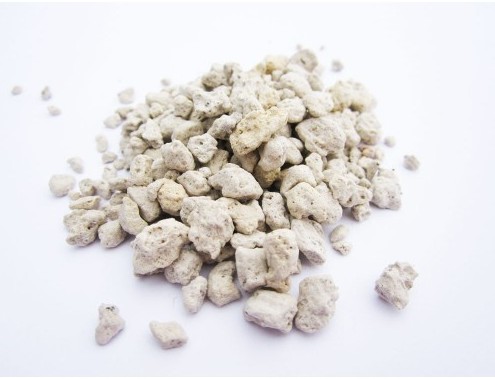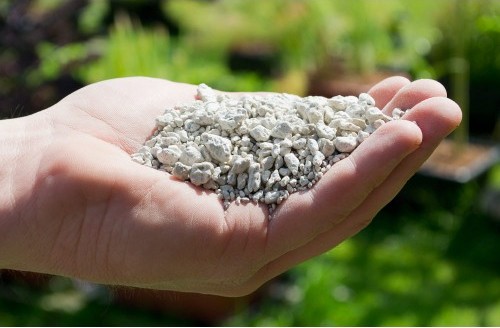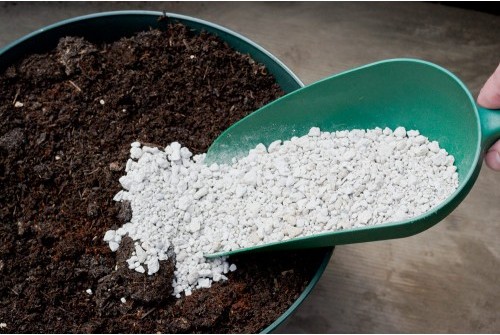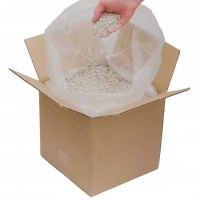|
When it comes to growing vibrant plants, it's all about the quality of the soil. Pumice is an ideal growing medium. Pumice has a variety of characteristics making it useful throughout your garden. Providing excellent aeration to the soil, it loosens heavy clay soil and retains moisture well. It won't break down, compact or rot, giving your roots the space they need. Along with these characteristics, pumice will also make it easy to control nutrients; will not provide a host to fungi, nematodes, insects, etc. Pumice is easily leached; has a neutral pH; and does not give off any offensive odors. |
What is pumice and why is it important?
Pumice is a type of igneous rock which is formed from molten or partially molten material. These types of igneous rocks are classified as volcanic. Because of the rapid cooling process, mineral deposits in the rock are trace or nonexistent. These rocks are classified by texture and color. Pumice contains many small vesicles, which is the primary reason it is so light in weight. Pumice is mined throughout the world in regions with volcanic activity and Pumice deposits. It includes trace amounts of vital minerals such as: Phosphorus, Potassium, Calcium, Magnesium, Sodium, Copper, Iron, Manganese.
The roots of plants are living organisms requiring a continual supply of oxygen, the introduction of air into the soil even though it is wet is very important. Likewise, roots are constantly releasing carbon dioxide, which must be removed from the root zone. Plants require that these gases be supplied or exhausted via soil pores. Thus, a good soil must be porous to permit the exchange of gases while also adequately retaining water to meet the needs of the plant. Additionally, the plant must obtain more than a dozen elements from the soil for its growth.
|
How to use pumice
With the addition of as little as 10% pumice in potting media and garden soils you will experience the following advantages: - Increases bulk density of potting mixes. - The porous nature of pumice allows it to hold vital nutrients in the microscopic surface pores, which helps regulate fertilizer feedings. It can even be supercharged with nutrients before it is added to the growing medium. - Excellent conditioner for soils that need increased aeration and drainage. - Loosens the density of heavy clay garden soils, letting in the air and water plants need. - Holds moisture in the soil, reducing watering requirements by as much as 35%. - Pumice is inorganic, so it will not decompose or compact over time, meaning it functions continuously and can be recycled and reused. - Does not attract or host fungi, nematodes, or insects. - Pumice is pH neutral. |





